About Mohammed Bin Rashid Space Centre
The Mohammed Bin Rashid Space Centre (MBRSC), established in 2006, is a leading scientific and technological hub driving the UAE’s leadership in space services and exploration. MBRSC has grown to become the incubator of the UAE National Space Programme, fostering scientific research, innovation and building a sustainable space sector in the UAE. MBRSC is committed to innovation, collaboration, and excellence in all aspects of space exploration and development.
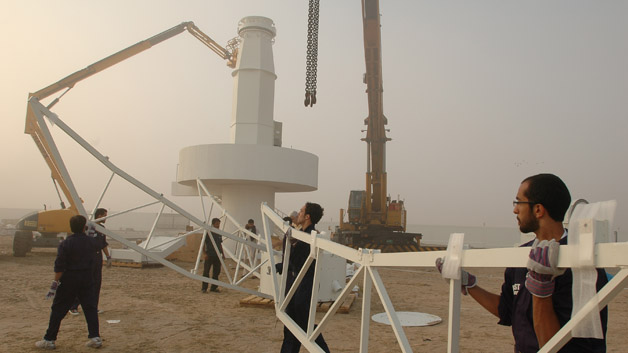
The Mohammed Bin Rashid Space Centre (MBRSC) started out with five engineers. The Centre has continued its journey to be the incubator of the UAE National Space Programme.
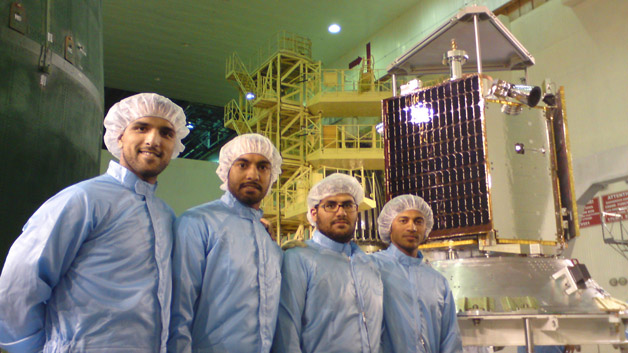
DubaiSat-1 was the UAE’s first Earth observation satellite to be launched. Its creation played a critical role in the knowledge and skills development of the first Emirati space-specialised engineers in South Korea.
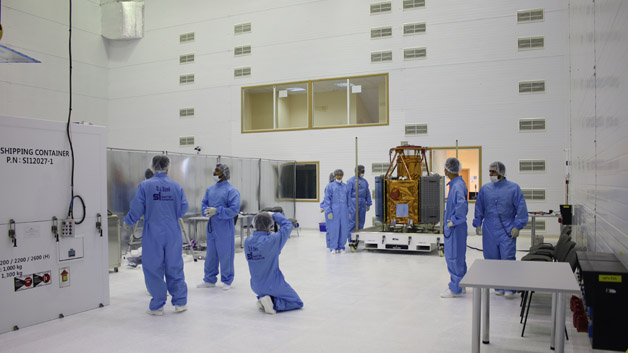
DubaiSat-2 was launched and provided high-quality images to local and international government and private clients for the studies of environmental changes, urban planning and infrastructure development projects.
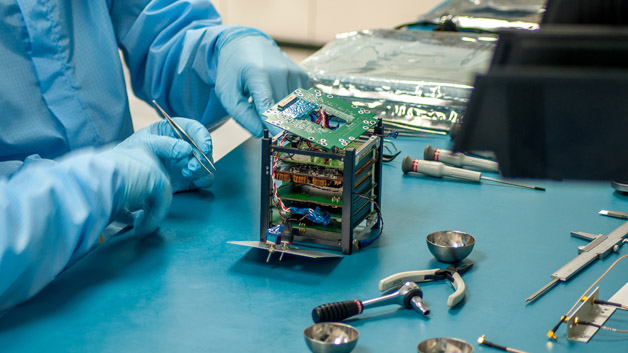
The UAE’s first nanosatellite, Nayif-1 was launched by MBRSC in collaboration with educational institutions, primarily the American University of Sharjah (AUS), as part of the sustainable space science knowledge transfer programme.
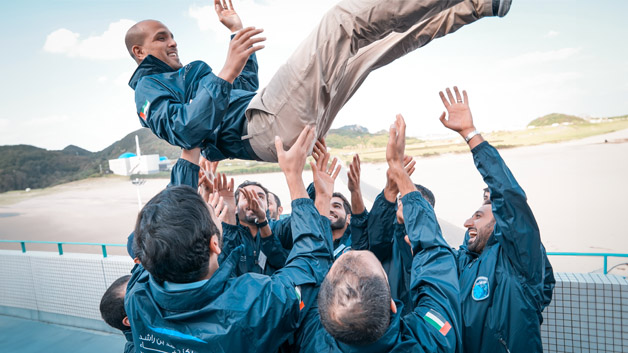
KhalifaSat, one of the world’s most technologically advanced remote sensing observation satellites and the first to be 100% designed and manufactured in the United Arab Emirates, was launched.

Hazzaa AlMansoori, the first Emirati astronaut carried out the first manned scientific mission into space for the United Arab Emirates, onboard the International Space Station. Sultan AlNeyadi was the reserve astronaut for AlMansoori.
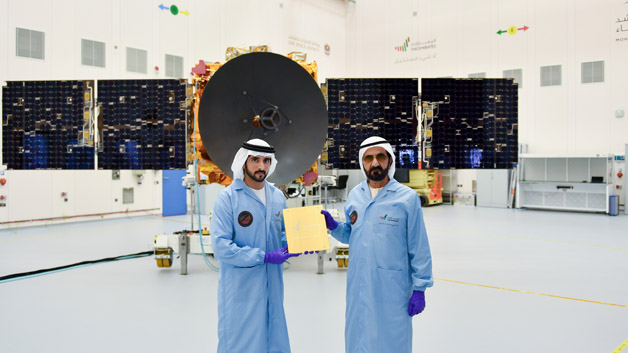
The Emirates Mars Mission "Hope Probe" was launched to provide a complete picture of the Martian atmosphere and its climate.
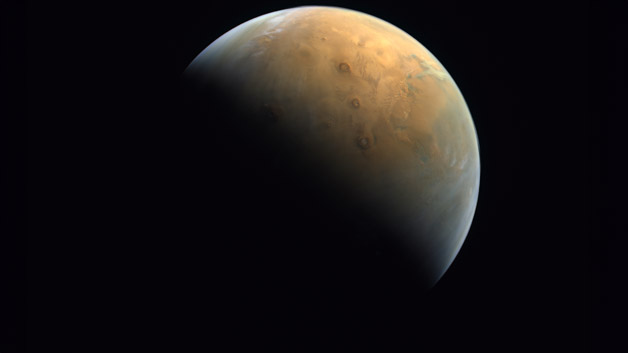
With Hope Probe reaching Mars on 9 February 2021, the United Arab Emirates became the first Arab country and the fifth country to reach Mars. This first mission to the red planet has provided unique data on the Martian atmosphere and climate.
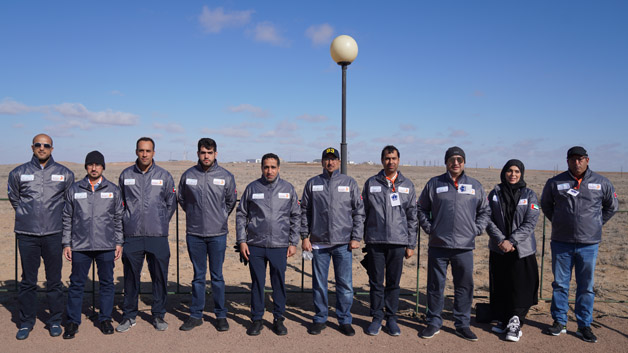
DMSat-1, the first nanometric environmental satellite developed by MBRSC for Dubai Municipality was launched. The satellite is being used to map air quality and monitor climate change in the UAE.
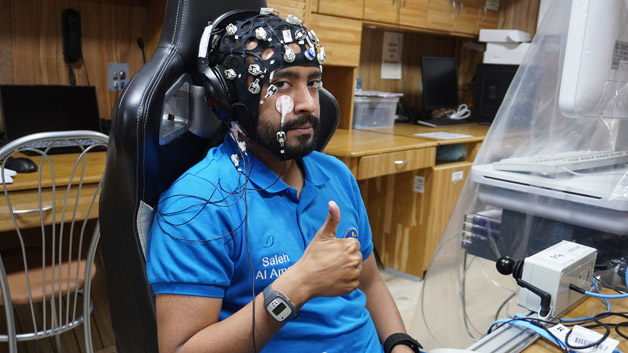
Emirati crewmember Saleh AlAmeri successfully conducted the first analog study under the UAE Analog Programme, as part of the Scientific International Research in Unique Terrestrial Station (SIRIUS-21) programme. He conducted 70 experiments, including five experiments from four Emirati universities. Emirati crewmember Abdalla AlHammadi was part of the reserve team for this study and provided crucial support during the mission.
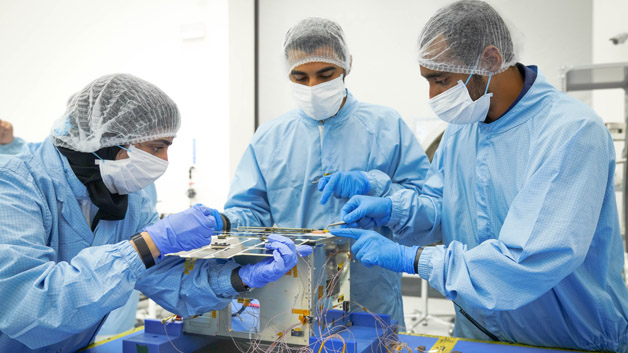
The first mission of the Payload Hosting Initiative (PHI), PHI-Demo satellite, was launched, carrying two partner technologies. The pioneering project in collaboration with UNOOSA, the first of its kind in the Arab world, had all its mechanical components constructed in the UAE in collaboration with the private sector.
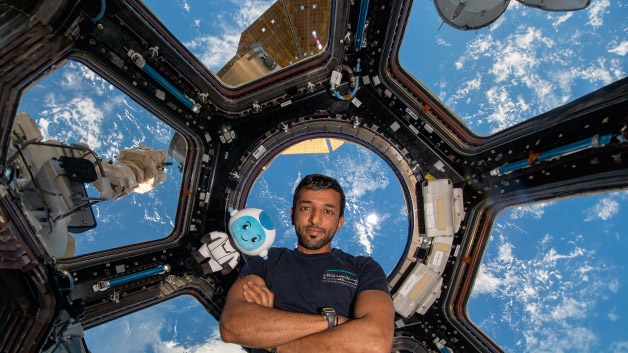
The longest Arab space mission in history was launched, with Sultan AlNeyadi working and living on the International Space Station for 6 months, as part of Expedition 69. With this mission, the UAE became the 11th country to send astronauts on long-duration space missions to the ISS.
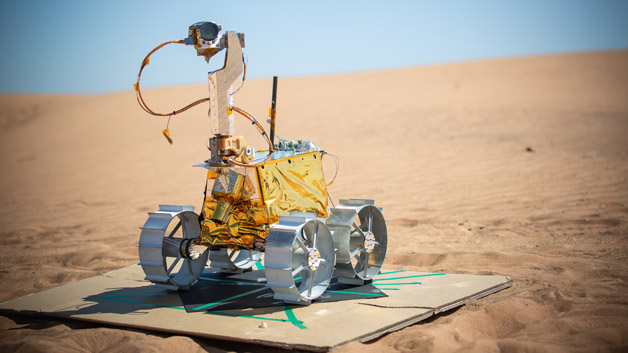
The Emirates Lunar Mission’s (ELM) Rashid Rover was launched. Through ELM, MBRSC accomplished the ambitious goal of designing and building the world's most compact rover and became the first country from the region to have a rover reach the lunar orbit.
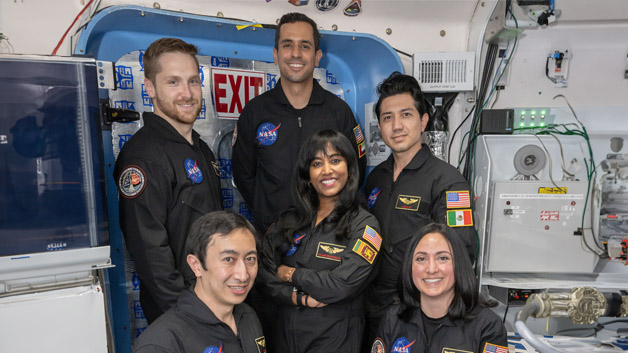
Emirati crew members Shareef AlRomaithi and Obaid AlSuwaidi successfully completed their participation in the second analog study under the UAE Analog Programme, as part of NASA’s Human Exploration Research Analog (HERA) Campaign 7 Mission 4. They spent 45-days within the HERA habitat at NASA’s Johnson Space Center and conducted 18 scientific experiments, six of which were led by MBRSC in collaboration with UAE universities including the United Arab Emirates University (UAEU), Mohammed Bin Rashid University of Medicine and Health Sciences (MBRU), and American University of Sharjah (AUS).
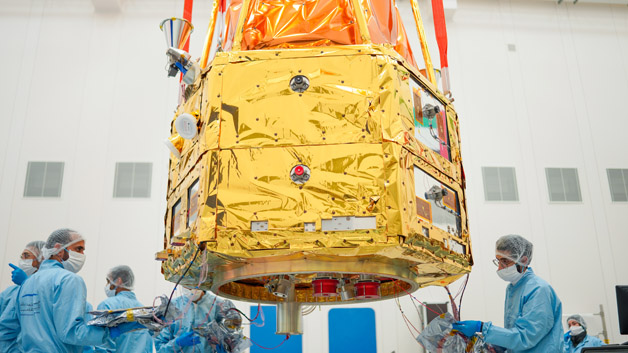
MBZ-SAT is the most advanced satellite in the region and set to be launched in January 2025. Once operational in low Earth orbit, the satellite will provide unprecedented high-resolution images and rapidly deliver data to users worldwide.
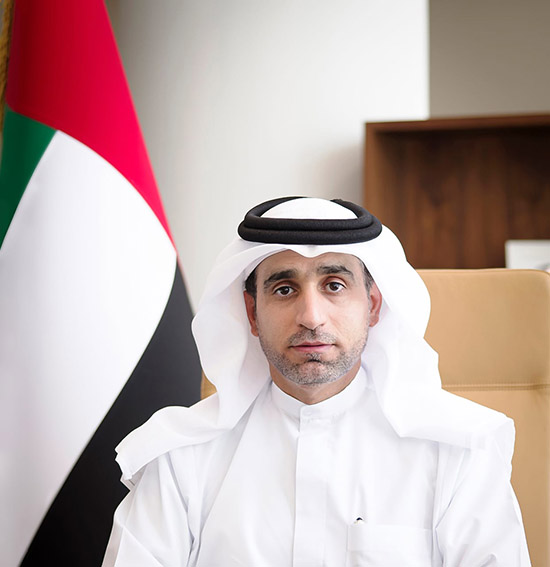
Message from our Chairman
H.E. Hamad Obaid Al Mansoori
Chairman, MBRSC
“MBRSC exemplifies the UAE’s unwavering commitment to innovation and scientific advancement, inspired by our visionary leadership’s drive for excellence in scientific exploration. Together, we are forging a path toward a brighter future for the UAE and the Arab world, defined by resilience, ambition, and transformative achievements.”
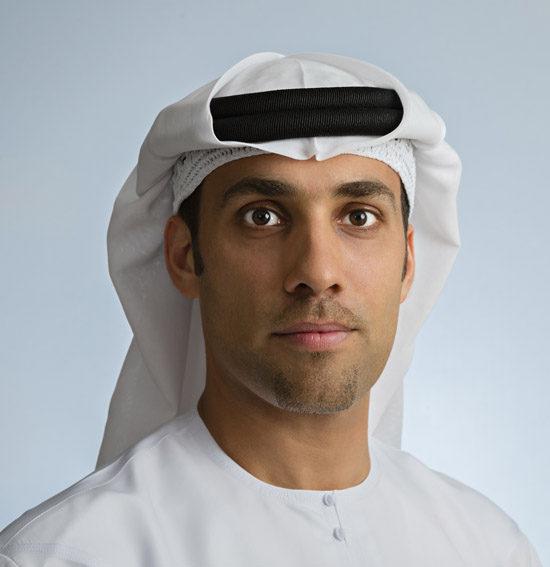
Message from our DG
H.E. Salem Humaid AlMarri
Director General, MBRSC
“The UAE is not only pioneering new frontiers in space but also nurturing a robust knowledge economy. MBRSC stands as a testament to the UAE’s role as a beacon of science, innovation, and hope, solidifying our legacy in space exploration and inspiring the next generation of dreamers and innovators.”

